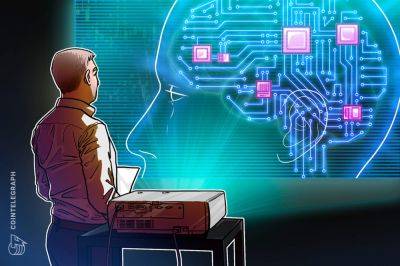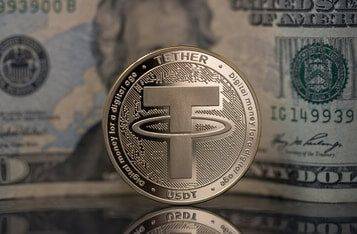Bitcoin Developers Divided Over How to Deal with Meme Coin Explosion – What's Going On?
While many celebrate Bitcoin (BTC)’s plethora of new applications related to its new “Ordinals” protocol, developers maintaining the network’s source code are in disarray on the matter.
Critics claim that new types of transactions beyond simple Bitcoin transactions are clogging the blockchain for those trying to use it for its intended purpose.
One such critic is Ali Sherief, who told Bloomberg that he thinks Bitcoin’s system is being “abused.” The developer recommended introducing a Bitcoin upgrade in early March that would delete all transactions related to the new protocol.
“Worthless tokens threaten the smooth and normal use of the Bitcoin network as a peer-to-peer digital currency,” he said to fellow devs in an email group at the time.
On May 9, Bitcoin transaction fees returned to highs not seen since 2017 after a pseudonymous Twitter user developed the BRC-20 token standard – an Ordinals-based project for issuing fungible assets on Bitcoin.
What immediately followed was an explosion of speculative memecoins on Bitcoin that now boast a near $500 million market cap. Ordinals transactions exploded as a consequence, and have recently crossed 10 million in total.
The Bitcoin blockchain uses a limited amount of hard drive space for recording transactions, limiting its settlement speeds to roughly 7 transactions per second. When users request more transactions than new blocks can handle, they must bid for miners to prioritize processing their transfers using higher transaction fees.
As such, other developers like Luke Dashjr think regular transactions ought to be prioritized, while others should be classified as “spam.” He even created a tool called “Ordisrespector” for Bitcoin node runners to ignore such problematic
Read more on cryptonews.com


















